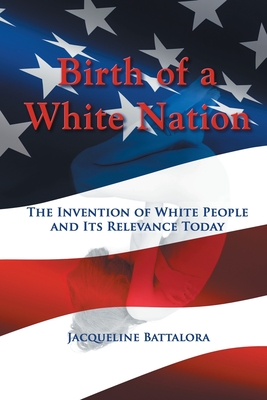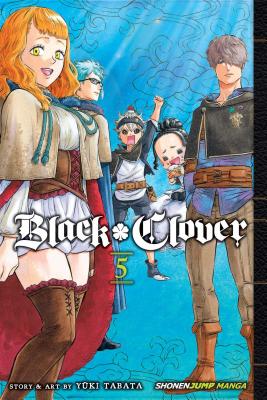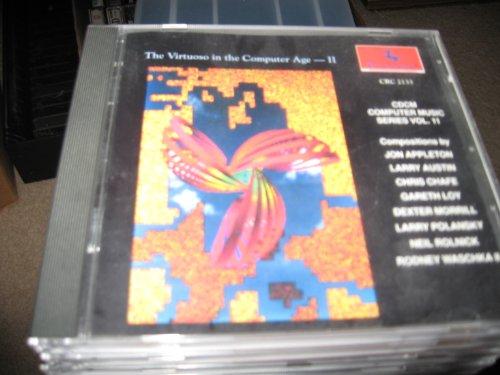
Jenkins, Henry
product information
description
0
How popular culture is engaged by activists to effect emancipatory political change
One cannot change the world unless one can imagine what a better world might look like. Civic imagination is the capacity to conceptualize alternatives to current cultural, social, political, or economic conditions; it also requires the ability to see oneself as a civic agent capable of making change, as a participant in a larger democratic culture. Popular Culture and the Civic Imagination represents a call for greater clarity about what we're fighting for--not just what we're fighting against. Across more than thirty examples from social movements around the world, this casebook proposes "civic imagination" as a framework that can help us identify, support, and practice new kinds of communal participation. As the contributors demonstrate, young people, in particular, are turning to popular culture--from Beyonc to Bollywood, from Smokey Bear to Hamilton, from comic books to VR--for the vernacular through which they can express their discontent with current conditions. A young activist uses YouTube to speak back against J. K. Rowling in the voice of Cho Chang in order to challenge the superficial representation of Asian Americans in children's literature. Murals in Los Angeles are employed to construct a mythic imagination of Chicano identity. Twitter users have turned to #BlackGirlMagic to highlight the black radical imagination and construct new visions of female empowerment. In each instance, activists demonstrate what happens when the creative energies of fans are infused with deep political commitment, mobilizing new visions of what a better democracy might look like.member goods
No member items were found under this heading.
Return Policy
All sales are final
Shipping
No special shipping considerations available.
Shipping fees determined at checkout.







